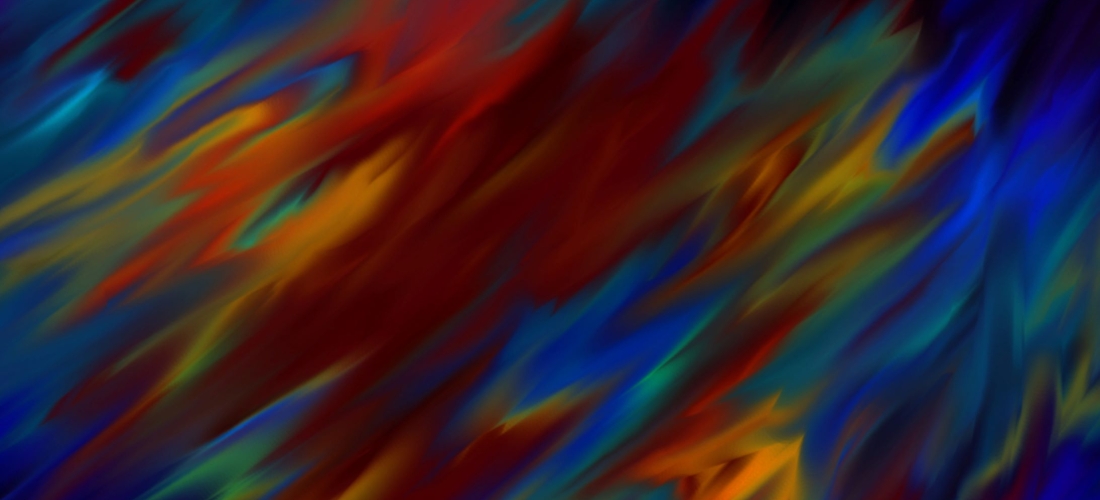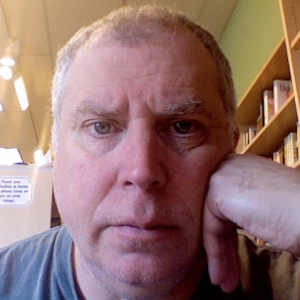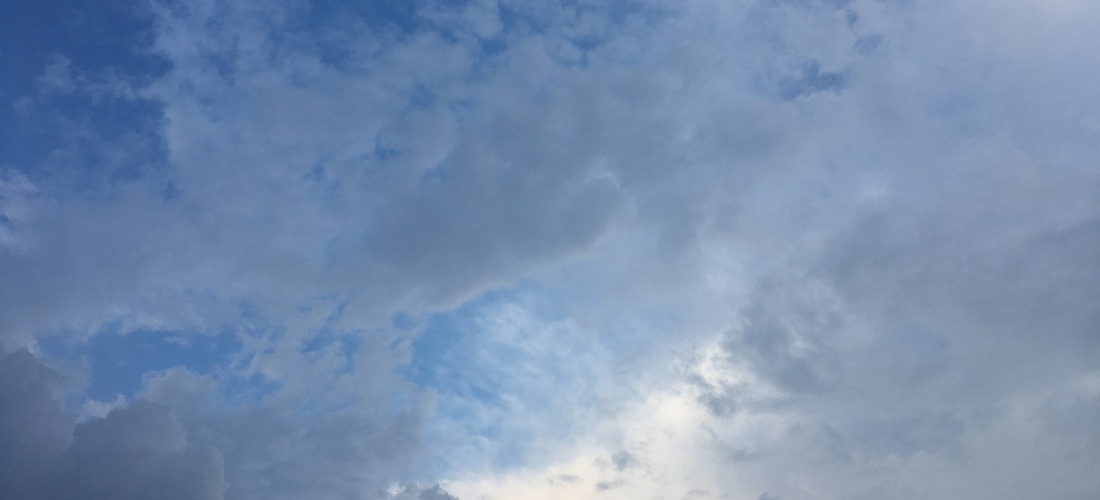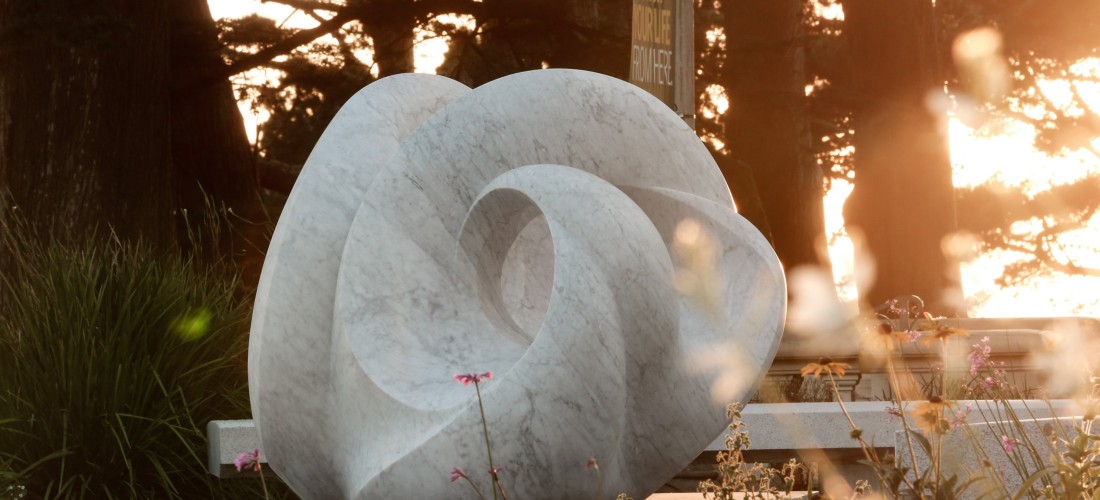How to Write a Poem
To write a poem, slough off television, radios, cell phones, excessive media and movies, recorded music – anything that demands your attention without giving you any quid pro quo. Turn yourself from an antenna into a tuning fork, quivering with the life that envelopes this planet.
May be hard. Anything that gives you an impression of a life other than what surrounds you, is a drug. People do not acknowledge this and turn from reality to more obvious hallucinations, never finding life, the source of poetry.
I heard this lesson and heeded it.
If you are addicted to televisions, radio, recorded music, you face a struggle but can rescue yourself.
Prof. Robert Howard of the University of San Francisco tells me, holding up the fingers of one hand, “I have not wasted that many hours in front of a television,” It takes me a few years to take him as a model; now it has been decades since I was a sofa spud.
Let’s say you’re working on withdrawal. You have increasing free time. Spend some reading. There are oceans of world literature – you visit all or become an expert in just one.
I recommend you read poetry that has endured – written before 1950 when the Age of Disapproval, a tide of anti-poetry set in.
Start with the Norton Anthology, it gives you selections of poets from the Old English (Beowulf) through the Americans (T.S. Eliot). Read prose, too. Much of it may be classified as: Poetry – the ideal combination of sound and sense.
The novels of Honoré de Balzac are poetry because they sound wonderful as well as making sense.
Follow this regime and you will notice bird song outside your windows – the poetry of nature is never dead. When the bird’s song puts you into a brief ecstasy, know that you – shrived of the media – are ready to write a poem.
A lady friend comes and says, “There’s a new restaurant opening in North Beach. It is called The Stinking Rose and everything they serve, from soup to ice cream will have garlic in it. People are already making reservations. The owners want somebody to write them a poem. The last of the Beat poets, – he has one tooth left in his head – is not coming up with anything.”
A few days later, you’re vacuuming, working on your car, or grooming your horse, free of recorded music – any constructive physical activity can trigger interesting writing. Keep a pen and notebook or an electronic secretary in your pocket.
You feel an ecstasy of inspiration, drop the vacuum cleaner, grab your pen, and write;
Garlic, I love you,
You’re everything I need,
I bow low down before you,
Beloved stinking weed.
Should anyone try to steal you,
My heart would fill with greed,
I’d find the bloody thief,
And really make him bleed.
Garlic I need you,
My fingers seek your touch,
You’re everything I’ve dreamed of,
Garlic you’re too much.
Hurry a copy of that off to your friend and soon you see it, framed, on the wall of The Stinking Rose as crowds line up outside on the sidewalk to get a table.
The owners invite you and your friend in for dinner on the house.
Keep a collection of your poems. Send them off to magazines – get paid for them – in time you’ll have enough for a book.
Let’s bring poetry back.
The pen is more powerful than the bomb.
END
Patrick Howard and his wife, Nephtha, live happily on the Eastern Shore of Lake Merritt. They are buying a house in Oakland. His work appears in the Galway Review, History Magazine and the Naval League’s Submarine Journal, among others.
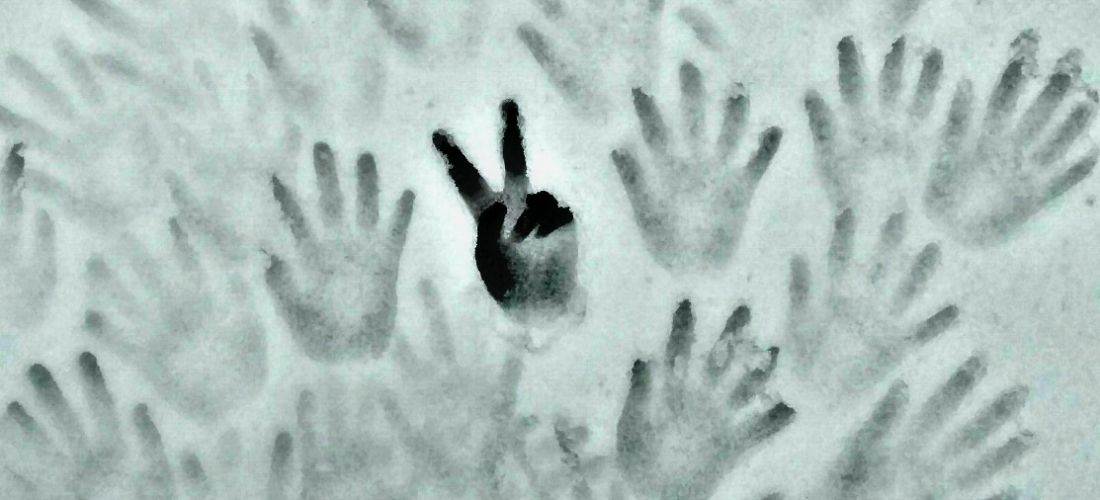
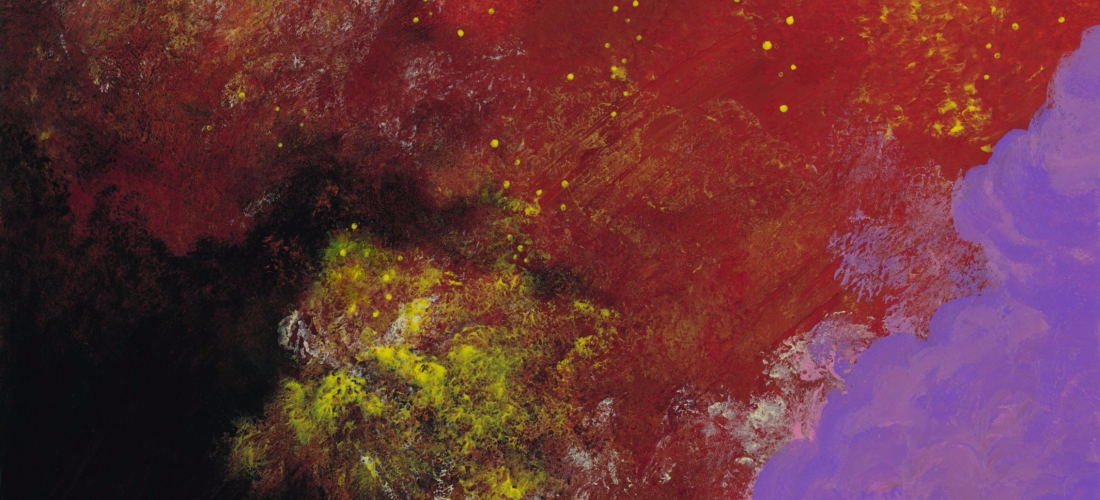
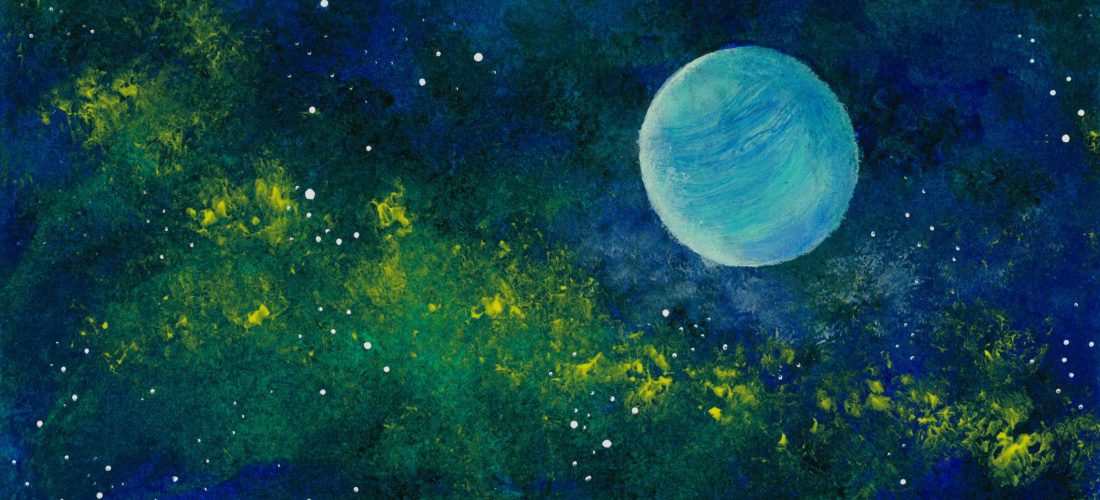
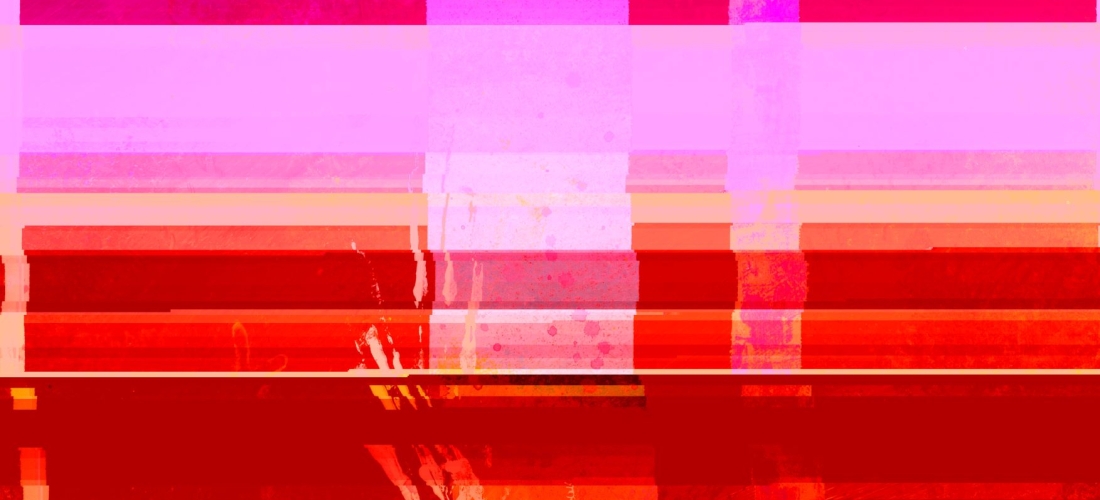
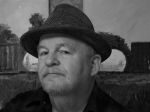 John Dorroh may have taught high school science for a couple of decades. Whether he did is still being discussed. His poetry has appeared in about 65-70 journals, including Dime Show Review, North Dakota Quarterly, Red Dirt Forum, Selcouth Station, and Piker Press. He also writes short fiction and the occasional rant.
John Dorroh may have taught high school science for a couple of decades. Whether he did is still being discussed. His poetry has appeared in about 65-70 journals, including Dime Show Review, North Dakota Quarterly, Red Dirt Forum, Selcouth Station, and Piker Press. He also writes short fiction and the occasional rant.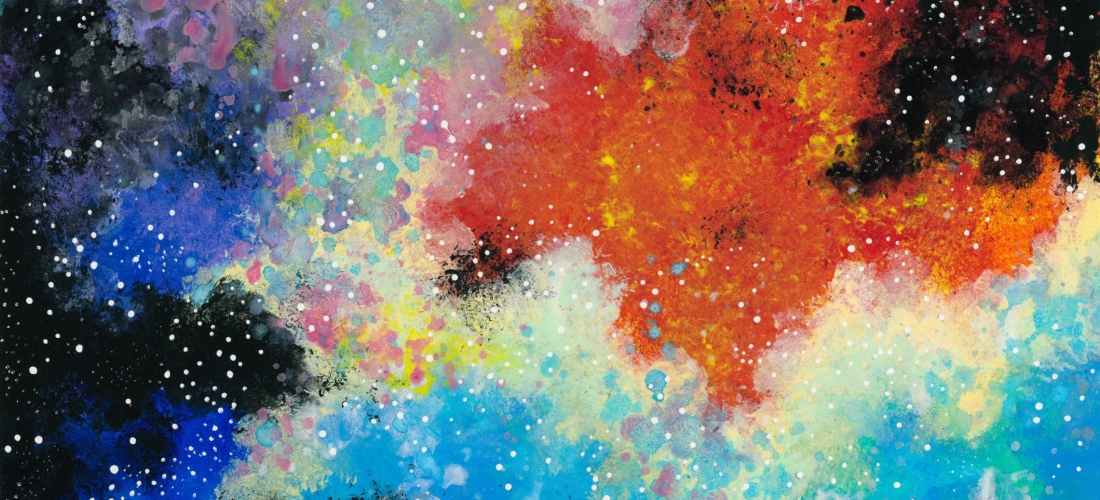
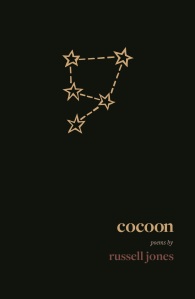
 Russell Jones has published six collections of poetry and edited three poetry anthologies. He is the deputy editor of Scotland’s only sci-fi magazine and was the UK’s first Pet Poet Laureate. Russell also writes books for children, young adults and supposedly-grown-up adults. He has a PhD in Creative Writing from the University of Edinburgh and
Russell Jones has published six collections of poetry and edited three poetry anthologies. He is the deputy editor of Scotland’s only sci-fi magazine and was the UK’s first Pet Poet Laureate. Russell also writes books for children, young adults and supposedly-grown-up adults. He has a PhD in Creative Writing from the University of Edinburgh and 
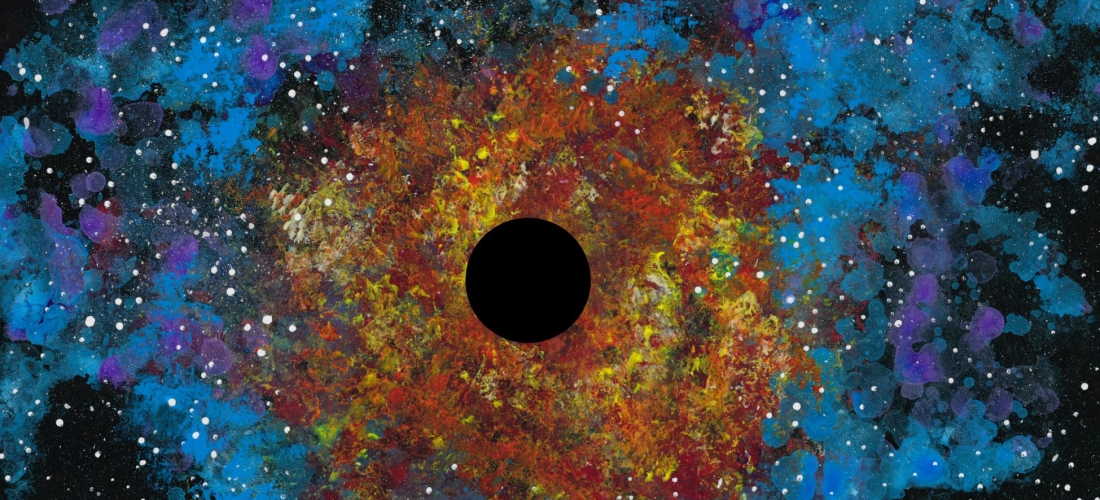
 Zach Murphy is a Hawaii-born writer who somehow ended up in the often chilly but charming land of St. Paul, Minnesota. His stories have appeared in Peculiars Magazine, Ellipsis Zine, Fat Cat Magazine, Emerge Literary Journal, and the Wayne Literary Review. He lives with his wonderful wife Kelly and loves cats and movies.
Zach Murphy is a Hawaii-born writer who somehow ended up in the often chilly but charming land of St. Paul, Minnesota. His stories have appeared in Peculiars Magazine, Ellipsis Zine, Fat Cat Magazine, Emerge Literary Journal, and the Wayne Literary Review. He lives with his wonderful wife Kelly and loves cats and movies.